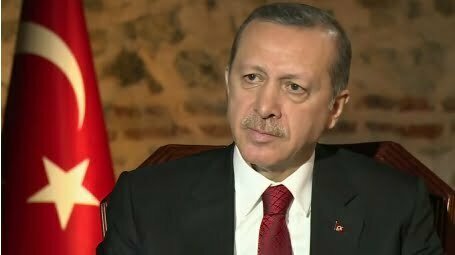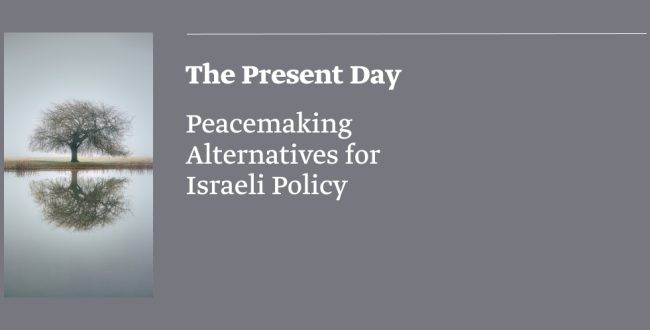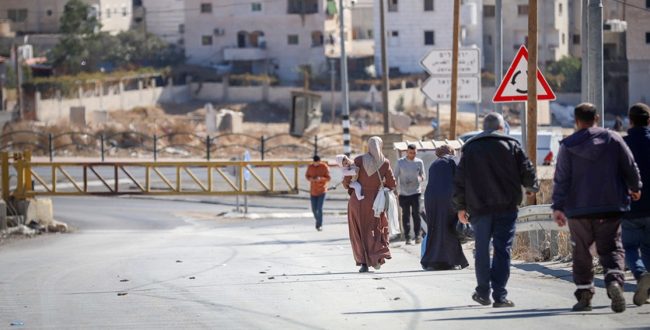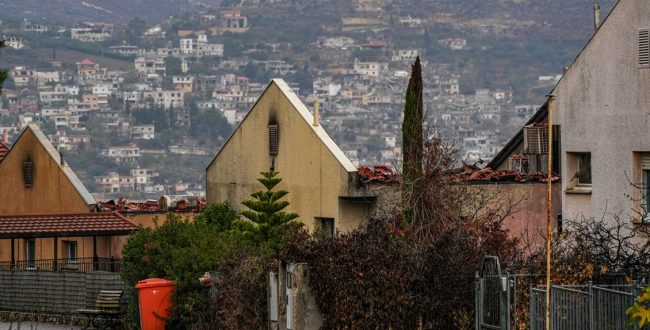At this time of year in Turkey parents rush to place their kids into the schooling system for the coming year. They need to choose between sending their child to a public or private school. In many cases, if the financial level of the family is upper middle class or above, the preferred option is private schooling, despite the exorbitant price. The rise of private education offers advantages, but also creates a series of problems.
Formal education in Turkey is provided by the government free of charge, and includes all levels from pre-school to higher education. Private education is also available at all levels, and it gets more popular year by year, especially at the primary level. Both public and private schools (pre-primary, primary and secondary) are under the supervision of the Ministry of Education. In 1997, Parliament approved a new Basic Education Law (#4306), which extended the duration of compulsory schooling from five to eight years, eliminated middle school, and mandated improvements in the quality and relevance of basic education. Students who wish to continue on to high school are now required to take the competitive High School Entry Exam (LGS or SBS). According to their success level, they are offered a place in either public or private high schools, which are ranked by quality.
However, the government’s reluctance to allocate the needed resources caused it to fall back in providing full service, good quality primary schooling, and high levels of success in the high school admissions as targeted. The increasing gap between the demand for quality education and the limited resources of the government attracted private investors into the education system. The number of private schools, pre-primary to primary, increased rapidly within the last years (based on the data provided by the Ministry of Education, since 2005 the number of private schools increased from 676 to 3223, whereas the number of public schools remained at 24,383). This had controversial effects on the mandatory educational system.
On the one hand, the increased number of private schools created an environment of competition that contributed to the development of the quality of education and services provided by these schools. The academic curriculum is often bilingual and bi-cultural, with usually Turkish language and literature, social studies, art and physical education taught in Turkish; and English language and literature, mathematics, natural and physical sciences taught in English at the high school level; German or French are taught as a second foreign language. First foreign language acquisition starts at kindergarten level and students are brought to intermediate level by the end of their primary education. In addition, better opportunities are offered in extracurricular activities such as sports and arts. As a result the ratings of private primary schools in high school entry exams became much higher than those of public schools in placing students to the top ranked high schools.
The difference in the quality of the education caused by rivalry between private schools initiated an intense polarization with public schools that cannot get enough support from the government. So public schools have lost their appeal for many parents interested in quality higher education.
On the other hand, the rapid increase in demand for private education allowed investors to set very high prices for schooling. The average fee for private primary education these days is around $10,000 per year and this amount goes up to $20,000 for very competitive schools. Looking at these amounts, Turkey probably has one of the most expensive primary school systems in the world.
Thus, the decision becomes not only an academic one, but also a financial one and when the children’s future is on the line, the allocation for education becomes the major part of a household’s expenditures in most cases. Of course, the main concern that comes to mind is should high-quality compulsory education be this expensive? And will the government take any action in improving the public primary education to a competitive level? Or is the government itself one of the private investors that benefits from the failure of the public system?
Ilkim Buke is a Ph.D. Candidate at the Department of Middle East Studies, Ben Gurion University. Her focus is cultural politics in early republican Turkey
















